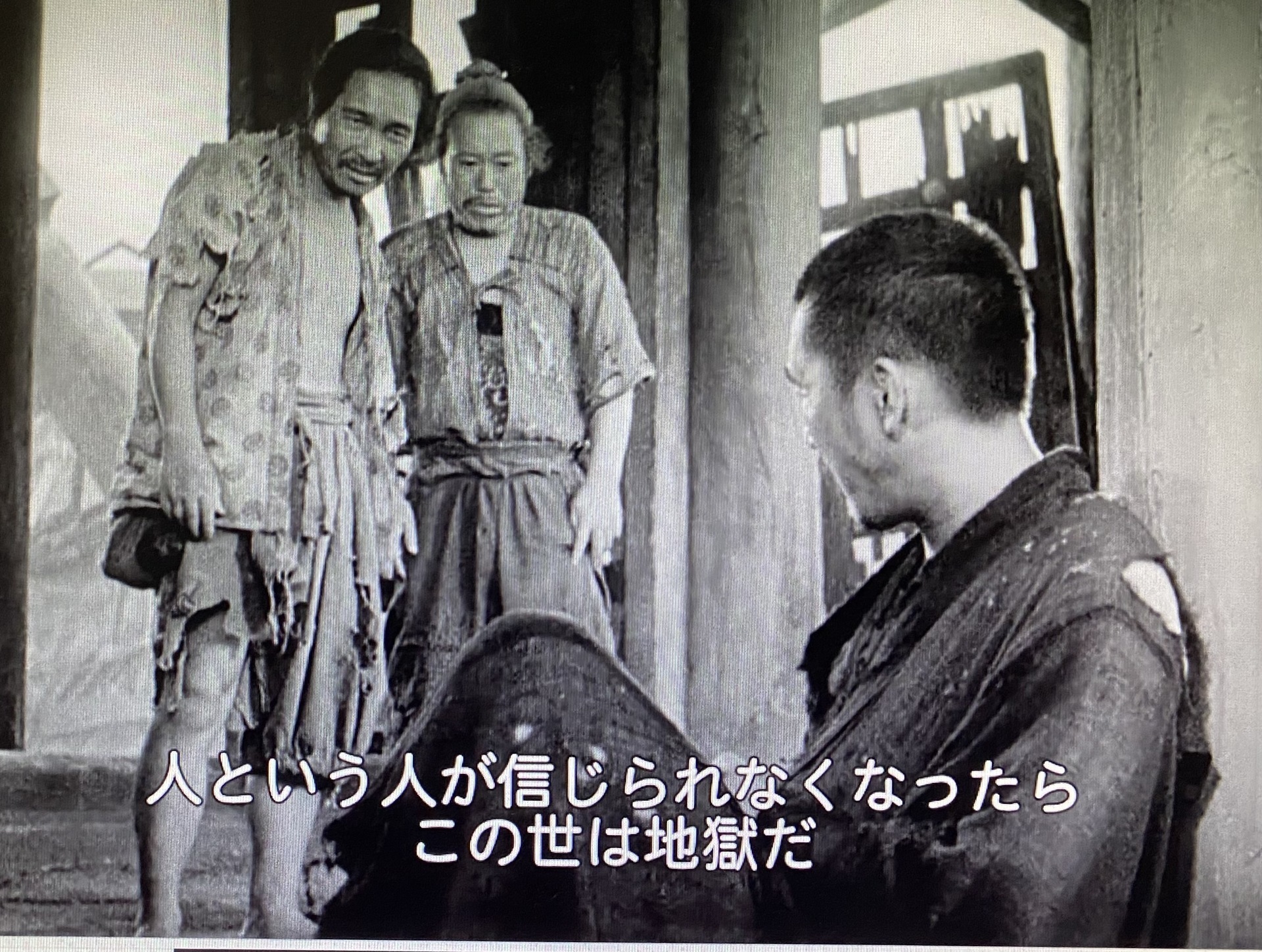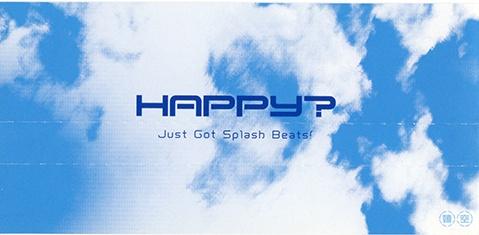Akutagawa Prize draws controversy after win for work that used ChatGPT
In recent years, the Akutagawa Prize has diversified its recipient pool: In 2022, the shortlist was all female writers, last year Saou Ichikawa was the first author with a severe physical disability to win and this week marked the first time artificial intelligence walked away with a piece of the prestigious literary award.
On Wednesday evening, Rie Qudan won the country’s most important prize for early career writers for “Tokyo-to Dojo-to,” or “Sympathy Tower Tokyo.” The novel is about an architect in the capital, billed as a narrative that “exposes the prophecy of the AI generation.”
In her acceptance speech, Qudan stated: “This is a novel written by making full use of a generative AI like ChatGPT, and probably about 5% of the whole text is written directly from the generative AI. I would like to work well with them to express my creativity.’"
The internet had some thoughts. Hundreds of comments poured in on social media platform X, while the last prize announcement received merely dozens. On the platform now known to be rife with AI bots, users called the award unfair and tantamount to plagiarism.
“If AI-generated works are subject to evaluation, then from now on, as AI evolves further, that would mean a work almost entirely created by AI would be OK too, no?” wrote one user. “In that case, it would no longer be a competition between humans but a battle between AIs. Would that be alright when AI is prohibited in chess and go matches?”
“With regard to an AI-generated work winning a literary award, people will be divided for and against,” wrote another X poster. “However, this has the potential to generate new discussions on the fusion of literature and technology, and new developments are expected in the literary world as well. (About 5% of my reply was written by ChatGPT.)”
“It seems sales are everything,” wrote one user.
“Do we need an AI Akutagawa Prize too,” joked another, adding a robot emoji.
Several users have pointed out that the text of the story contains passages clearly delineated as “an answer given by AI.” If those passages comprise the 5% in question, users speculate, the incorporation of AI-generated text would be less problematic.
Publisher Shinchosha declined to comment. The author and prize committee did not immediately respond to a request for comment.
https://www.japantimes.co.jp/news/2024/01/20/japan/science-health/japan-slim-lands-on-moon/
*** *** ***
This is sending a terrible signal to fellow writers: use AI and get yourself a prestigious literary prize! She should have managed to imitate the AI style by herself without using AI. And former winners of the Akutagawa prize see their prizes lose a lot of its value.

I cannot trust human beings any more. This world is hell. |




